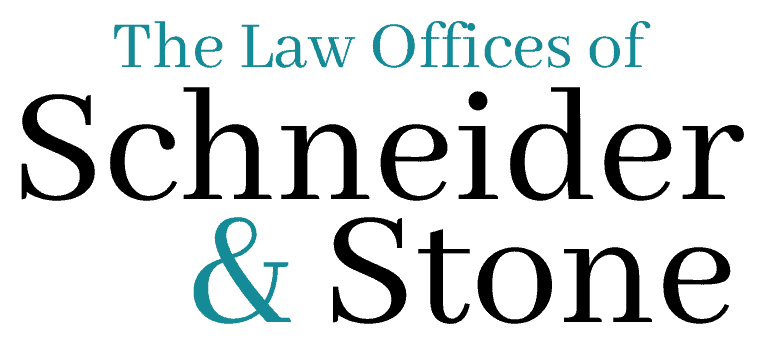Small Business Bankruptcy is another term for filing a corporate reorganization filed by one of our Chapter 11 Bankruptcy attorneys. This is commonly referred to as a “corporate restructuring bankruptcy” and is much more complex than Chapter 7 or Chapter 13. Corporations or LLCs usually file for Chapter 11 Bankruptcy but individuals can also file for it when they do not qualify for Chapter 13 Bankruptcy. Chapter 11 does not allow the filer to obtain an immediate discharge from its debts. Rather the debtor is allowed to propose a Plan of reorganization which determines how the debts will be paid back. The Plan of reorganization can range from 0 percent repayment all the way to 100%. Each case is different and requires in depth analysis to determine the proper repayment. Our Small Business Bankruptcy Attorneys will guide you through this process step by step. After the Plan is confirmed you will receive a discharge from the debts and the Plan becomes a new contract with your creditors. Corporations taking on more debt than they can handle look to file for Chapter 11 for relief. Success requires you to be able to produce income. The corporate income stream then becomes the lifeblood of any Chapter 11 case.
Why Chapter 11 bankruptcy works
Chapter 11 Bankruptcy Filing (or any bankruptcy) works because of the “automatic stay” invoked by 11 U.S.C. 362. This is a law that protects you from all collection efforts and as the name would suggest is automatically in place upon filing for bankruptcy. The Chapter 11 automatic stay stops lawsuits, bank account freezes, receiver appointments, and harassing phone calls. The business is still allowed to operate while it is protected. In essence you are able to function without the threat of collections. This allows you and our small business bankruptcy attorneys time to formulate a Plan of Reorganization without the pressure of debt repayment.
Key to any small business bankruptcy is the ability to generate income. The automatic stay will remain in effect as long as your business can demonstrate that it has the ability to pay for the expenses of its day to day operations. These expenses include rent, mortgage, utilities, payroll, etc. They do not include most long term debts. We like to think of it as getting to test drive your fresh start to make sure that it will work.
Chapter 11 Bankruptcy: Debtor in possession
When filing for Chapter 11 Bankruptcy you are given a new role that does not exist in other chapters of the bankruptcy code. In a Chapter 11 case you are now called a “debtor in possession.” This is an important distinction to make from other chapters where are referred to only as “debtor.” As a debtor in possession you do not only represent yourself, you are a trustee. This means that you are legally required to act as a fiduciary to your creditors. You have to operate your business in a manner that is not only beneficial to you but to your creditors as well. In other chapters there is either a liquidating trustee or a reorganization trustee appointed to make sure that the creditors are protected. Because of these third parties that act for the benefit of the creditors there is no need to make the debtor act as a fiduciary.
In a small business bankruptcy there are more document requirements to be met than in other chapters. This also means that there will be a lot more disclosure on a more consistent basis in order to comply with the requirements of being a debtor in possession than there would be in simply being a debtor under a different chapter. Being a debtor in possession is a big responsibility but it is well worth it in order to save your business.
Merchant cash advances
Many of our small business clients took on an excess of a special type of loan called a “merchant cash advance.” These are sales of future receivables of the corporation. Merchant cash advances or “MCAs” prey on small businesses by offering quick amounts of cash over the internet. This is why we also call these “internet loans.” The MCAs will often give you a long densely worded agreement to sign before disbursing any cash. These agreements usually have weekly or daily repayment requirements that make them almost impossible to keep up with. MCA collectors can be very aggressive and are good at making you think that there is no way out of debt.
Be aware that most of these agreements require personal guarantees in order to get funding. This means that if the business defaults on its obligation the business owner becomes responsible for the full amount borrowed. Some of these agreements even make the personal guarantors sign something called a “confession of judgment.” This is a special kind of agreement that says that upon a default you will consent to a judgment against you. The confession of judgment usually also provides that you will not be able to raise a defense. These agreements are nasty and are usually the result of a creditor taking advantage of a small business in distress.
Despite all of the aggressive collections tactics used by MCAs many of these debts are completely unsecured and can be stopped with the automatic stay. Fortunately our small business bankruptcy attorneys are able to help your business get successfully reorganized through Chapter 11 Bankruptcy in Illinois.
